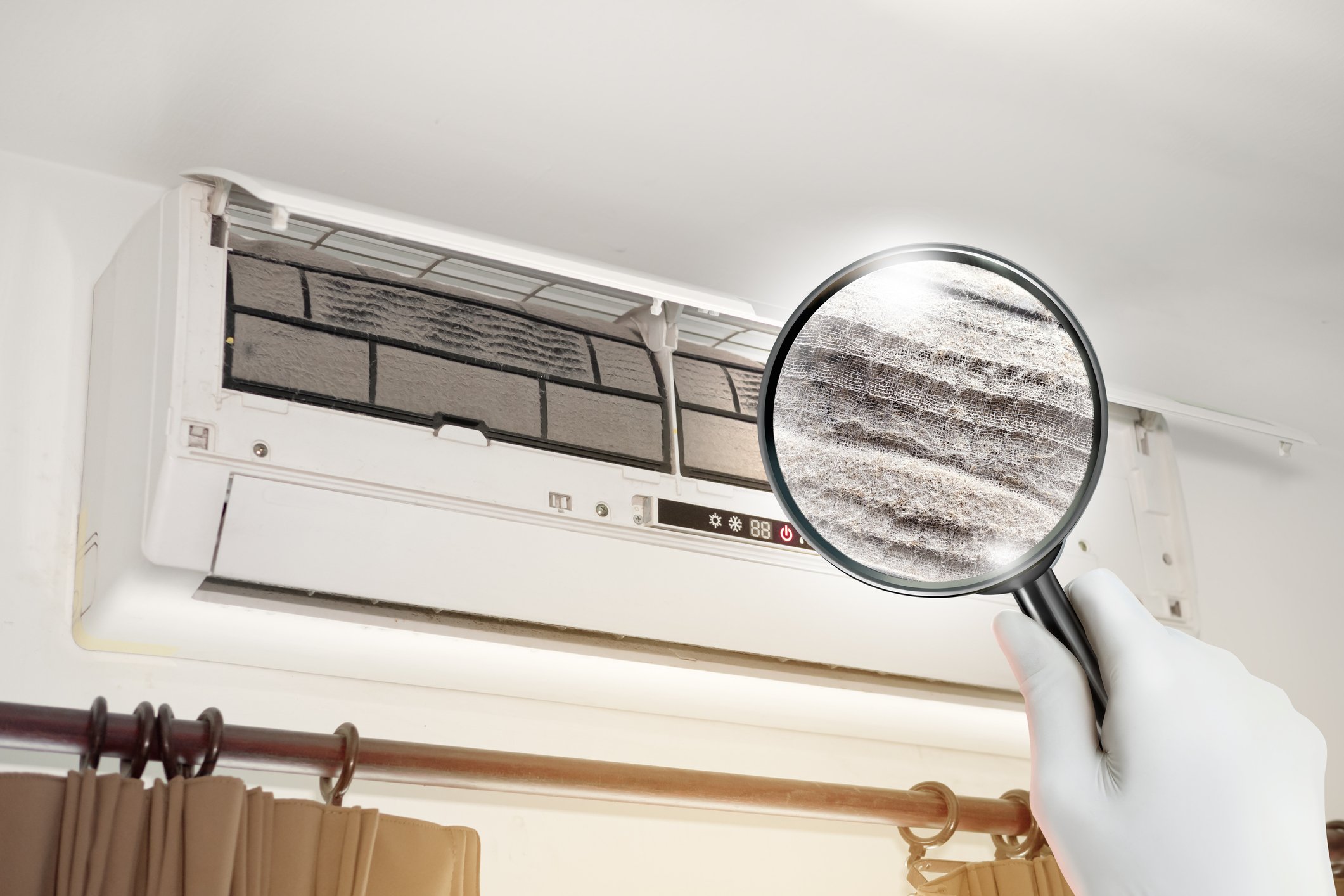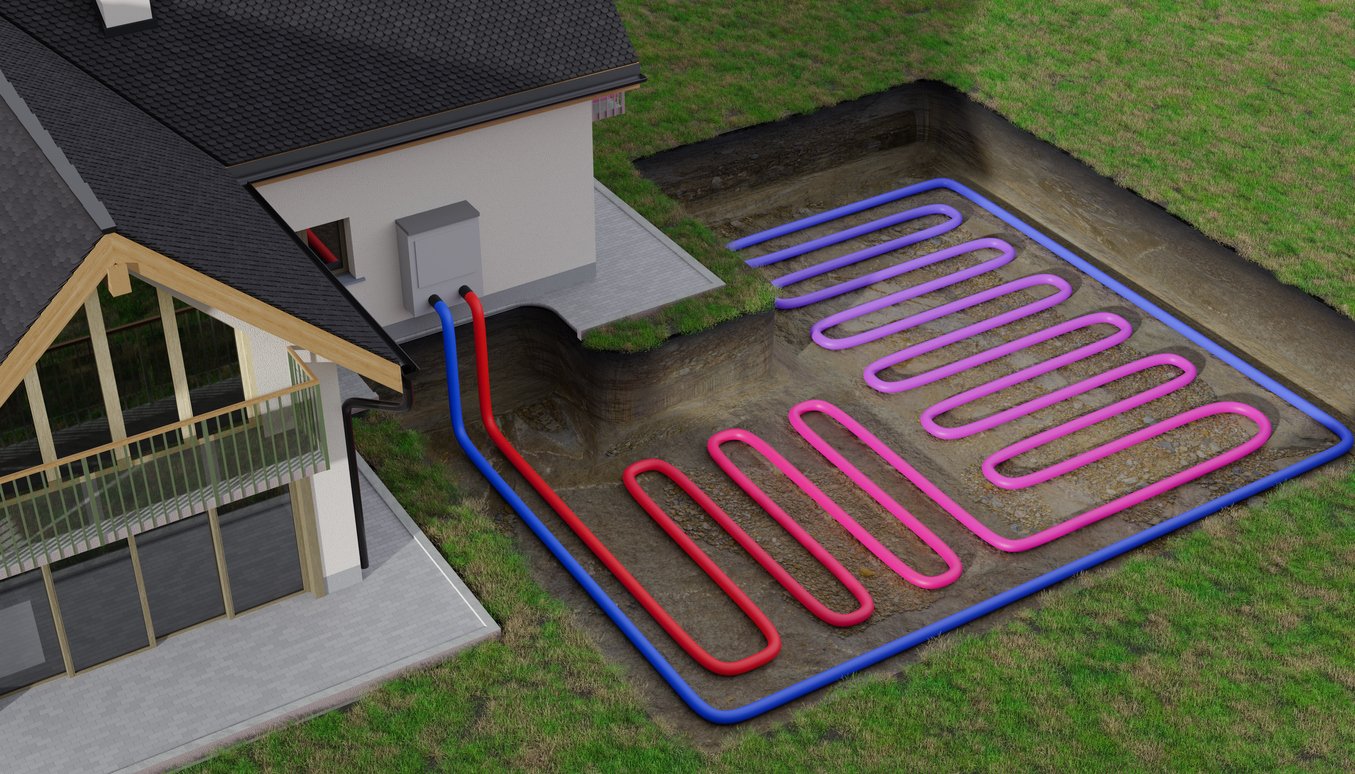An air conditioner leaking water could be a sign of a serious problem that you should address promptly. Delaying fixing a dripping AC could result in costly damage to your ceiling, furnishings, floor, and walls, and it may even leave you needing to buy a new AC unit. The fixes required depend on the specific cause of the dripping AC unit. Keep reading to find out what you can do to stop an AC water leak.
Replace Your Air Filters
Clogged air filters can prevent proper airflow from reaching your evaporator coils. The coils freeze up when they get too cold. Water may leak inside your home when the ice covering the coils starts thawing. Changing your air filters should solve the problem.
If changing your filters doesn't fix the problem, your dripping AC unit may have low refrigerant levels. Low refrigerant can also cause the evaporator coils to get too cold, leading to ice formation. Handling refrigerant is dangerous and not a DIY project, so you'll need an HVAC professional to fix the problem.
Clean Your Drain Line
The condensation that your air conditioner collects contains dirt and debris. When your condensate drain line isn't clean, the dirt and debris can accumulate and clog the line, causing it to overflow. To clean the drain line, turn off your unit, locate the drain line, and scrub it with a long wire brush. Special pumps or vacuums may be needed for severe clogs.
Replace the Drain Pan
A cracked or rusted drain pan can make your air conditioner leak water. You can seal a cracked pan by first cleaning it and then patching the cracks with a waterproof sealant. However, replacement is the best solution for cracked or rusted drain pans. The new drain pan should fit your AC unit perfectly.
Have the Drain Line Attached Properly
The drain line could become disconnected due to poor AC installation. You'll need to schedule a professional repair to prevent this problem from recurring.
You can avoid a dripping AC unit with high-quality installation and regular maintenance. If you need skilled installation, repair, or maintenance services for all types of heating and AC equipment in the Broken Arrow area, contact us at Air Assurance.









